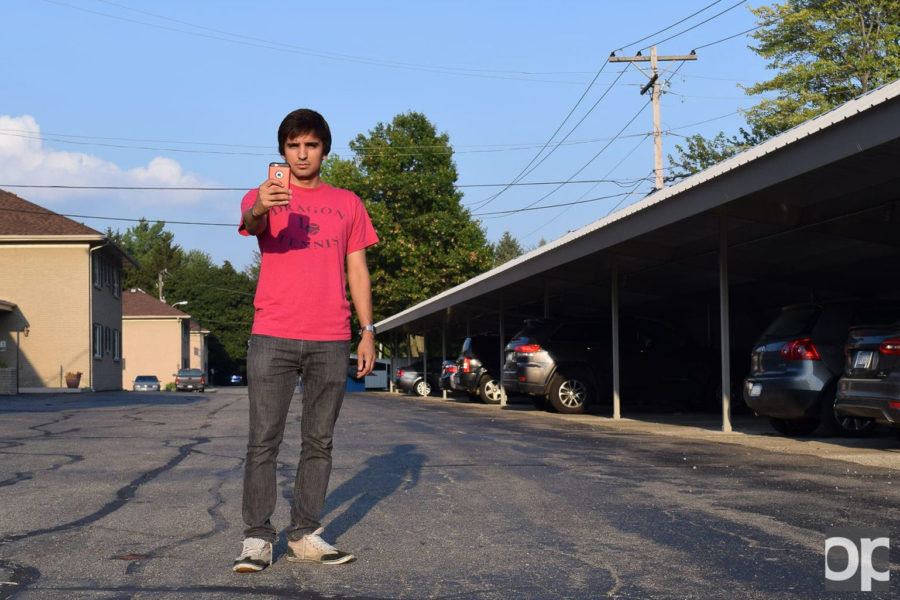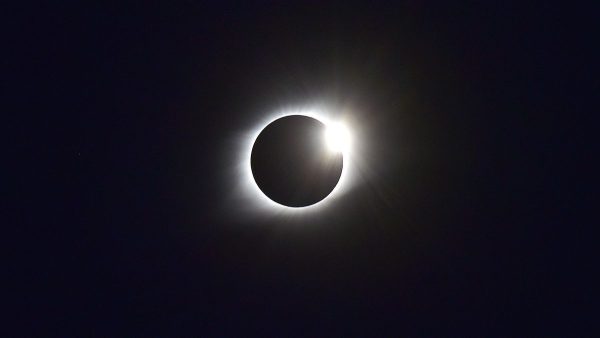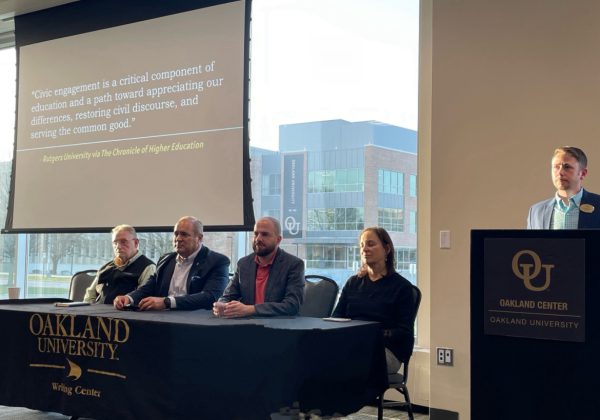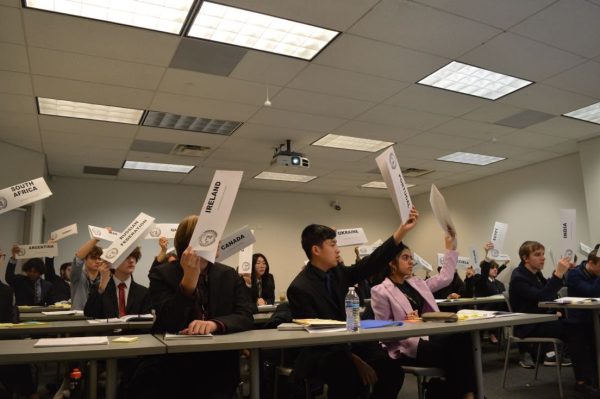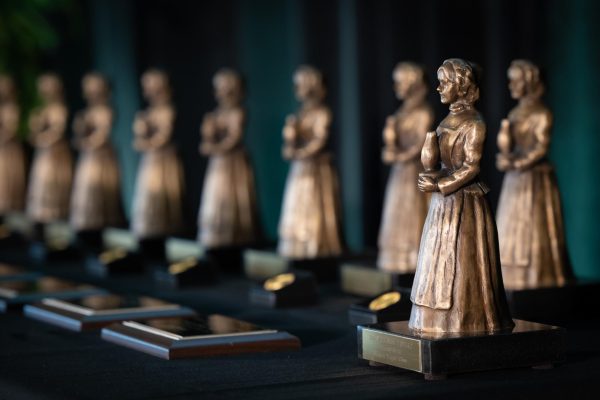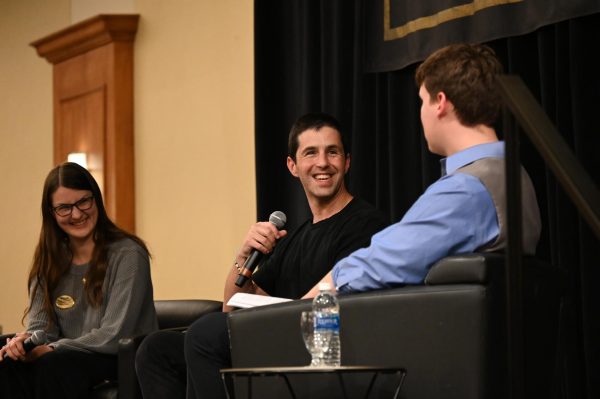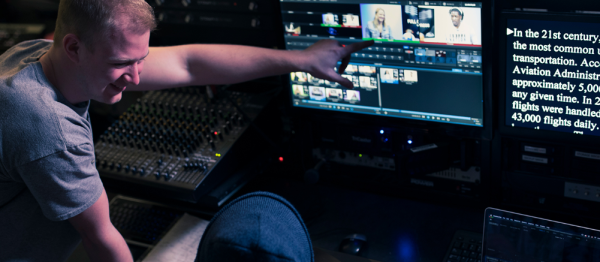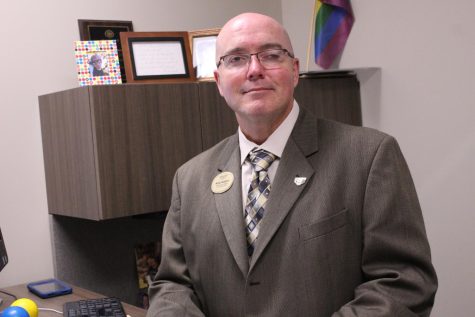OU student suing Detroit Police in brutality case
Mekkel Richards and his friend filed a federal district court lawsuit against the City of Detroit and six police officers after being arrested for filming an officer in Detroit.
It isn’t a crime to film a police officer. There are several established court cases that guarantee the right.
Oakland University student Mekkel Richards, a journalism student, along with lifelong friend and Eastern Michigan University student Adam Malinowski, were both arrested in Detroit last summer for recording officers as they arrested another man.
The incident took place on June 23, 2014, after the Ford Festival fireworks show ended in downtown Detroit.
The two students filed a federal district court lawsuit June 18, 2015, against the City of Detroit and six police officers. They are seeking more than $75,000 in damages and are awaiting the next step in the case.
According to the lawsuit, Richards took out his phone to record police that night as they arrested the man, who was bleeding and yelling. Richards said he was about 25 feet away from the arrest.
After being warned by police to “step back,” Richards began walking backward while continuing to record. An officer then shoved him over a patio chair and onto his back, the suit says.
Richards tried reaching for his phone but was prevented from doing so when an officer punched him in the face, according to the lawsuit.
By this time, Malinowski had moved about 20 feet or so from the incident while still recording, but was grabbed and forced into a headlock by another officer and slammed to the ground, according to the suit.
The officer then broke Malinowski’s phone against a tree and both men were then arrested. Richards also said police erased video on his phone.
Richards said they were held in the Detroit Detention Center for around 18 hours before being released.
“They threw us in the bull pen, in the same area as the people that had committed serious felonies,” Richards said.
“We had to ask how to use the phone because there were no instructions. We had to hope that we’d get lucky and someone would pick up our calls because we only had two free minutes,” Richards said.
Richards also said he was given the opportunity to see a nurse for his injuries. He said he told the nurse his head hurt from getting punched in the face but was told, “You look fine to me.”
The Detroit Police Department declined to comment on the lawsuit.
Video recordings of police officers involved in arrests have been prominent in the news since the 1991 beating of Rodney King by Los Angeles police. More recently, video of the death of Eric Garner at the hands of police in Staten Island, New York, and the struggles of Freddie Gray in Baltimore, Maryland, caused sensational news.
Glik v. Cunniffe (2011) is the most prominent of the cases — in this instance holding that private citizens recording public officials in public places doesn’t constitute illegal wiretapping.
The incident came on the heels of another conflict between Detroit police and a journalist exercising her right to record.
Detroit Free Press photographer Mandi Wright was arrested in 2013 for filming a police action on a public street. The incident prompted a police memo being sent out emphasizing that citizens and journalists are indeed allowed to film police, as long as they’re not interfering with the police’s ability to work.
The charges against Richards were eventually dropped, while Malinowski eventually plead no contest to charges of interference. He finished out a one-year probation sentence earlier this year.
Richards said his goal with the lawsuit is “to provide stepping stones in the efforts to exterminate police brutality.” It is currently in the pretrial phase.


